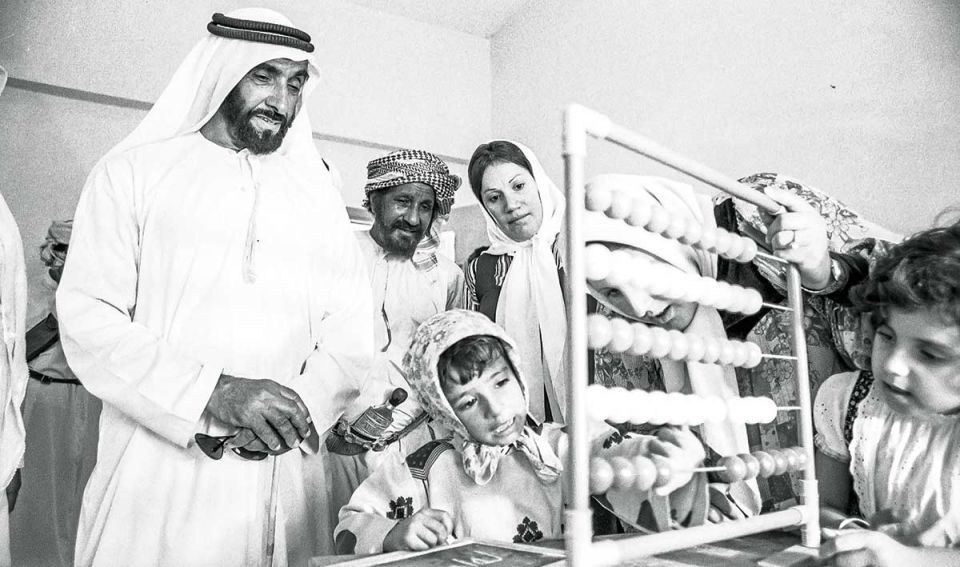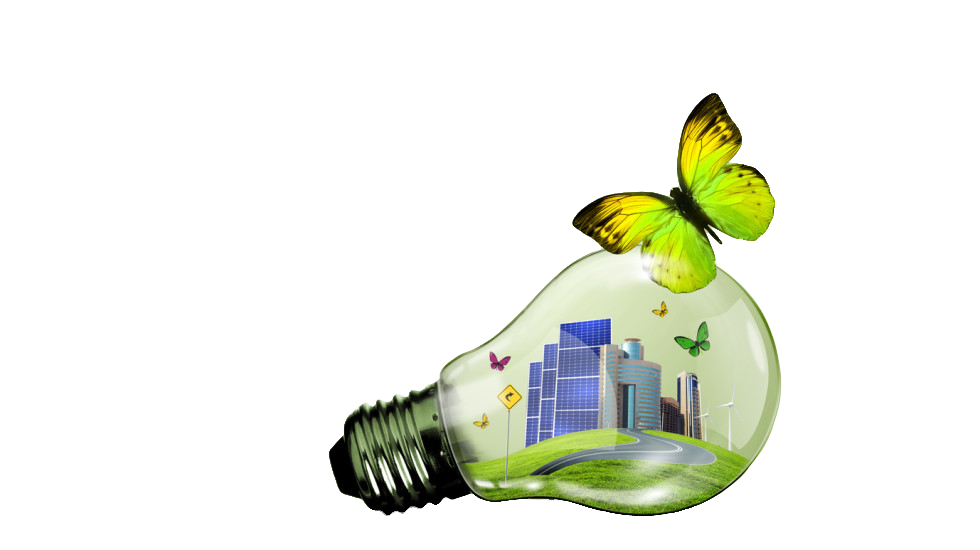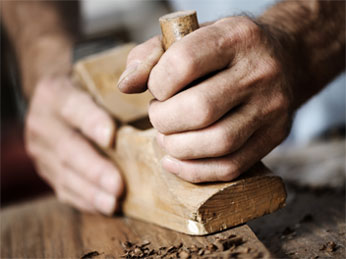OUR INSPIRATION
Our inspiration is our founding father late His Highness Sheikh Zayed bin Sultan Al Nahyan who is our guiding light to carry on his legacy after his 33 years’ leadership. As Emiratis, we owe our deep routed humanitarian values to him as he taught us to be a nation that gives. Born in 1918 in Al Ain, he was the epitome of noble values such as charity, equality, tolerance and generosity. Today the UAE is world’s largest donor of developmental assistance in 147 countries, in proportion to its gross national income (GNI) for the 5th year in a row.
In 1971, he passed a resolution to establish the Abu Dhabi Fund for Development, while laying foundation of UAEs union. Under his visionary leadership for many decades to follow, his humanitarian work touched the lives of millions. He established a number of charities and created sustainable channels to give back.
He launched housing projects for the homeless, created improved access to education and health-care services, supported research, provided relief supplies during emergencies, he provided sustainable means for food and medicine for people suffering in poverty regardless of their religion or race.











